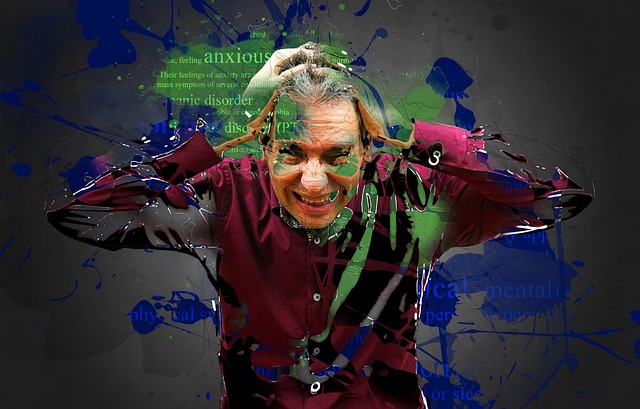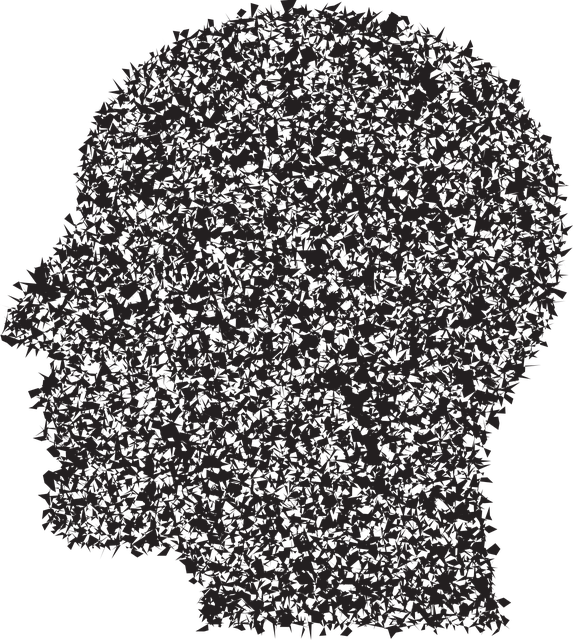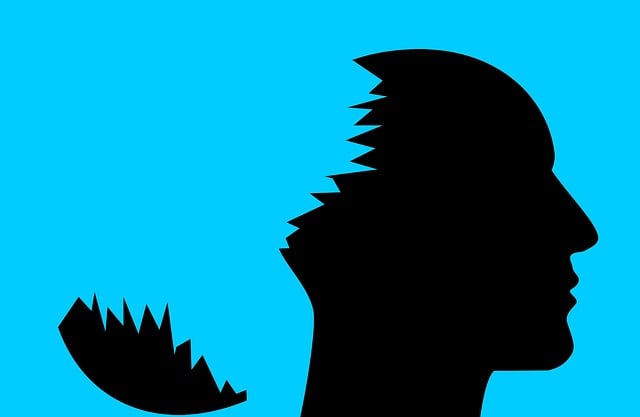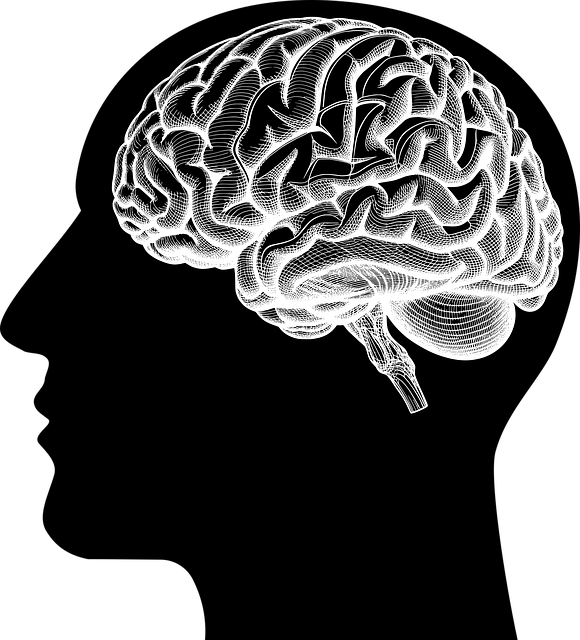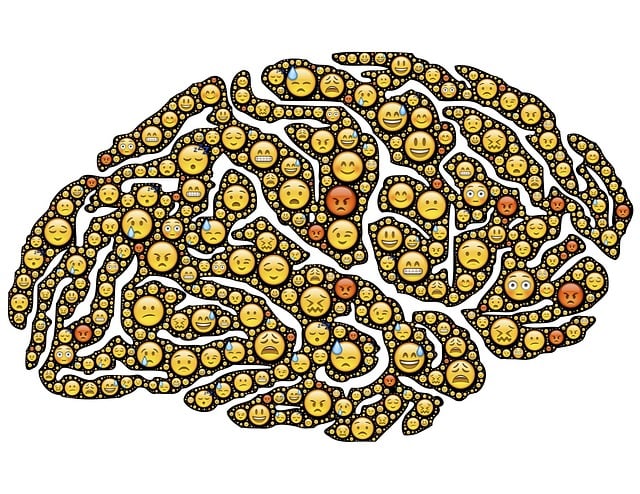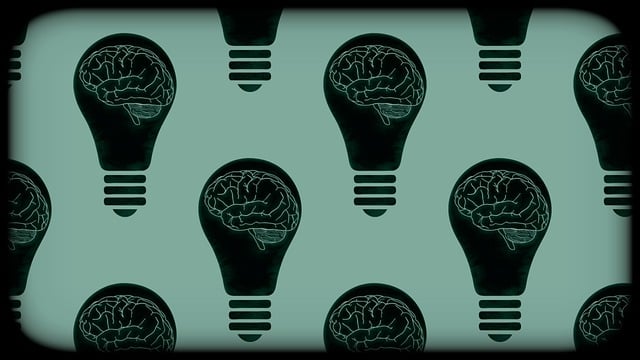Mental illness stigma, driven by misinformation, fear, and societal expectations, significantly hinders help-seeking behaviors. Boulder Developmental Disability Therapy tackles this challenge by promoting understanding, empathy, and access to evidence-based practices for emotional regulation and self-care. Through therapy sessions and support groups, individuals gain tools to navigate mental health issues, break down myths, and foster a supportive environment. Community education, policy advocacy, and early interventions are crucial for systemic change, normalizing conversations about mental wellness and reducing discrimination.
Mental illness stigma is a pervasive barrier to healing and well-being, affecting individuals across diverse communities. This article explores comprehensive strategies to reduce mental health stigma, focusing on understanding its deep-rooted origins and the profound impact it has on those affected. From therapy and support groups to community education and policy advocacy, we uncover actionable paths towards fostering inclusivity, mirroring the holistic approach offered by Boulder Developmental Disability Therapy.
- Understanding Mental Illness Stigma: Its Impact and Roots
- The Role of Therapy and Support Groups in Stigma Reduction
- Educating Communities: Breaking Down Barriers and Misconceptions
- Policy and Advocacy: Systemic Changes for a More Inclusive Society
Understanding Mental Illness Stigma: Its Impact and Roots

Mental illness stigma is a pervasive issue that can significantly impact individuals’ lives, often hindering their ability to seek help and support. It stems from a combination of factors, including misinformation, fear, and societal expectations. In many cases, mental health issues are misunderstood as personal weaknesses or character flaws, leading to negative perceptions and discrimination. This stigma not only affects those directly diagnosed but also creates a culture where conversations around mental wellness are discouraged, and professional help is avoided.
The roots of this stigma can be traced back to societal norms and historical contexts that have contributed to the marginalization of individuals with mental health concerns. It often manifests as whispered judgments, avoiding eye contact, or even explicit discrimination in various settings, including workplaces, schools, and healthcare facilities. Boulder Developmental Disability Therapy recognizes these challenges and aims to combat stigma by promoting understanding, empathy, and access to evidence-based practices that foster emotional regulation and burnout prevention, thereby encouraging the development of a self-care routine for better mental health.
The Role of Therapy and Support Groups in Stigma Reduction

The role of therapy and support groups is instrumental in reducing stigma surrounding mental illness. Boulder Developmental Disability Therapy, for instance, offers a safe space where individuals can engage in self-awareness exercises and explore their emotions under professional guidance. Through regular sessions, clients learn to understand and manage their conditions effectively, fostering a sense of empowerment and normalcy.
Support groups further complement these efforts by providing peer-to-peer connections, sharing experiences, and promoting empathy. Members learn that they are not alone in their struggles, which helps to dispel myths and misconceptions about mental health issues. Incorporating self-care practices and emotional regulation techniques within these therapeutic settings equips individuals with valuable tools to navigate life’s challenges, ultimately contributing to a more supportive and inclusive society where mental illness is met with compassion rather than stigma.
Educating Communities: Breaking Down Barriers and Misconceptions

Educating communities is a vital component of stigma reduction efforts for mental illness. By implementing programs that foster emotional intelligence and promote empathy building strategies, we can break down barriers and misconceptions surrounding mental health. Boulder Developmental Disability Therapy, for instance, offers resources tailored to diverse populations, ensuring everyone has access to support. These initiatives aim to normalize conversations about mental wellness through mental wellness podcast series production, allowing individuals to share their stories and dispel myths.
Through education, we empower ourselves to recognize signs of distress in loved ones and encourage them to seek help without judgment. This collective understanding can lead to earlier interventions and better outcomes for those facing mental health challenges. It’s about creating an environment where everyone feels accepted and supported, ensuring no one suffers in silence.
Policy and Advocacy: Systemic Changes for a More Inclusive Society

Stigma reduction efforts for mental illness extend beyond individual awareness campaigns; they require systemic changes that foster an inclusive society. Mental health policy analysis and advocacy play a pivotal role in this process. By examining existing laws, practices, and guidelines related to mental health, advocates can identify disparities and lobby for reforms that promote emotional well-being. This includes pushing for better access to services like Boulder Developmental Disability Therapy, ensuring crisis intervention guidance is readily available, and integrating support systems into various community settings.
Such policy interventions aim to normalize conversations around mental health, reduce the likelihood of discrimination, and encourage early intervention. Ultimately, these systemic changes can lead to a more compassionate society where individuals with mental illness are supported, rather than stigmatized, in their daily lives.
Mental illness stigma reduction is a multifaceted endeavor that requires collective effort. From therapeutic interventions and support groups to community education and policy advocacy, each strategy plays a vital role in fostering understanding and acceptance. By addressing the root causes of stigma, we can create a more inclusive society where individuals with mental health challenges, including those seeking Boulder developmental disability therapy, feel supported and empowered. Through sustained efforts and collaborative action, we can break down barriers and promote a culture of compassion and empathy for all.

